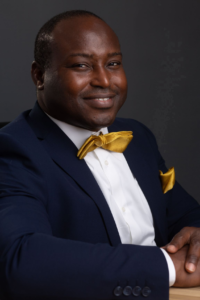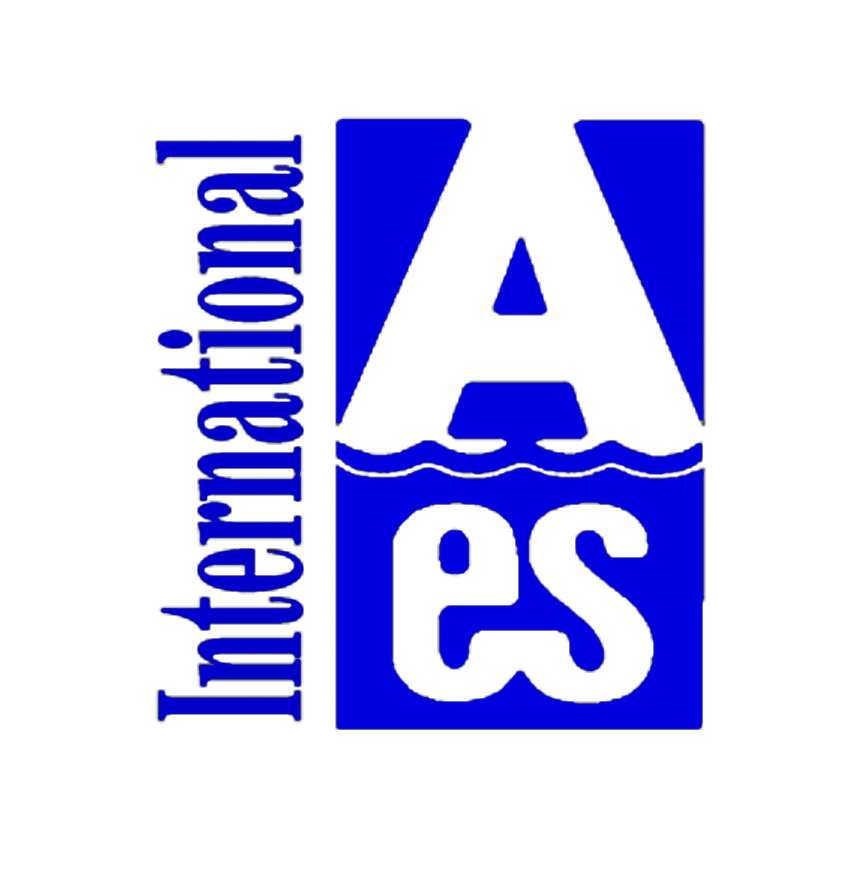Dr. Basheer Oshodi

Dr. Basheer Oshodi
Dr. Basheer Oshodi holds a PhD in integral economic development and Islamic finance from DaVinci Institute for Technology Management, South Africa in conjunction with the Trans4m Center for Integral Development, Geneva. Dr. Oshodi has over 23-years’ work experience in banking, real estate and academia. He is a co-founder of TrustArthur as well as a Director of Al-Aahil Homes and Principal of a UK Shariah-compliant Real Estate Fund. He was a member of the Non-Interest Finance Working Group and the Securities Exchange Commission Alternative Finance Market Master Plan Committee. Dr. Oshodi was the head of Non-Interest Finance, head of Research at Enhancing Financial Innovation and Access, and head of Islamic Banking Risk & Compliance at Stanbic IBTC Bank. He also initiated products compliant with non-interest finance principles for Stanbic IBTC Asset Management Ltd. Dr. Oshodi also worked as an investment analyst and business analyst in other capacities.
If you recall, what influenced your decision to become a member of the International Atlantic Economic Society?
First, the IAES has involved in its activities some of the the most renowned researchers in the world; those that perfectly combine research with economic policies and have been involved in the implementation of policies worldwide. Many of them have served in government, international organizations, and/or international financial institutions and they have contributed immensely to the development of academics and overall global policy improvement. Second, I worked on a 2014 research article (on the use of cooperative inquiry and phenomenology in financial institutions). A member of IAES reached out asking why I was not a member of the association. I immediately joined and took part in some of the IAES conferences. I did this because I realized how important it is to be a part of elite research endeavors.
What types of projects/research are you currently working on and what inspired/motivated you to pursue these interests?
I am currently working on a book entitled Integral Financial Models. The reason behind this is to document my banking proficiency and to create a work on the foundations of phenomenology and critical realism. The study reflects my work experience and cases in (among other things): financial models, risk management, implementation of business transactions, experience gained because of being involved in financial transactions mainly in the non-interest/Islamic finance space, different aspects of equity and debts, infrastructural finance, impact finance, developmental finance, corporate investment finance and, of course, retail finance (mainly in an African context). My motivation is to document this experience so that it can become a subject of further research. I am also developing a new index to measure socioeconomic aspects of the primary purpose of the Shariah.
What advice would you give to someone who is considering entering your line of work/field of study?
The advice I would give is to document your experience, make practical banking and finance researchable, and convert experience to data. Researchers should be involved in the kind of research that can be implemented within the realm of reality. I have attended a number of academic programs and found a strong zeal among researchers to merely create theoretical frameworks/models without a plan to practically test or actualize such studies. When asked ‘why are you doing this’, they answer ‘I just want to demonstrate that this model can exist’. In reality, they do not have a path towards actualizing such, and as a result, expect that this theoretical framework will be created for future generations to explore further. My advice is more towards what I describe as integral actual research which is a research model that allows one to not only create models but implement them. In the same vein, those that have practical experience would also need to combine such with academic research. In this way, the fruits of academic and practical research can crystalize in the laboratory or workplace, which can improve research centers.
Going forward, what other projects/research are you planning to or hoping to pursue?
I would like to further explore research in the emerging, southern hemisphere and/or struggling economies where socioeconomic prescriptions have not yielded the expected transformational reforms. Then, I will research any conflicts or diversity through which bad politics neutralize the core economic growth trajectory. There is a gap that needs to be filled, an expanding void, if you will. In a bid to fill that void, I have found a great need to redesign the research path for emerging economies. Perhaps learning from the research done by the more industralised nations and being able to fashion new theoretical frameworks will help with the practical realities that will be necessary to design the financial and economic prescriptions required to take emerging economies/struggling economies out of the woods. In other words, I wish to conduct some kind of unique integral research application designed to solve the real socioeconomic challenges/problems of these priority economies. If Malaysia, China and Rwanda can re-invent and blossom, why can’t others?
What’s your favorite hobby?
My main hobby is to meditate, to think deeply about ways to solve global issues, which can be described as part of energizing my burning desires; a union of the spiritual, the intellect, and the human self. I also like to travel and watch movies and documentaries.

